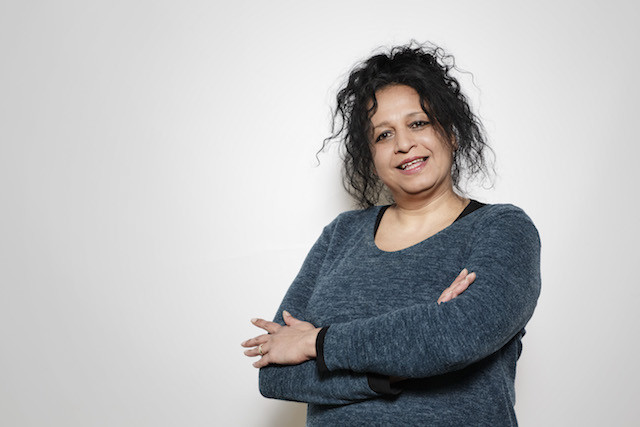We all know the world has moved on, so how it is that today, 50% of the population is still under-represented and possibly mis-represented in the media? Why must we ingest our news via male presenters from a male perspective? Is it more credible, palatable and authentic, or is it simply that a male dominated industry both in content and leadership, has convinced us to see the affairs of the world through their lens.
The statistics for Luxembourg in the Global Media Monitoring Project Report do not necessarily place the country in any worse position than the rest of the world, but they do ask the question “what are the great and good in media doing to address the fact that few female experts are quoted in the news and few female politicians are the key spokesperson in an article, that female entrepreneurs get less bandwidth compared to the male captains of industry”.
Surely not all women shy away from giving their opinion. There is one woman doing it right now. If we have such a small voice in politics and business, surely our voices are louder in the arts and culture. No, it would seem women are only represented in 24% of political pieces, 14% of economic news and a staggering 13% of stories on the arts and culture in Luxembourg.
Who is setting such an un-diverse view in the media? It’s the men at the top. Take a look at the Luxembourg Press Council and prepare to be amazed. Apart from the two women’s magazines, there is only one editor-in-chief who is a woman. Just one. Thirty-nine percent of journalists in Luxembourg are women, evenly spread in the printed press and radio, less so on TV, and appallingly represented online, but surely more than one of them is capable of editing a national newspaper. Are we afraid they might change the tone or the emphasis of the news? How refreshing to find an editorial policy that leant towards the other gender, the one that comprises half the population.
Sadly the interviews with female journalists show that the media, like so many industries, decides that gender will render a whole section of society voiceless. A woman with a family is not management material, however good a journalist she is, and not capable of running a 24 hour news desk, she’s more suited to a nice job in communications.
The one source of consolation lies in Equilibre’s most recently published study on part-time working in Luxembourg. It appears that millennial men want work-life balance and to spend more time with their families too. Increasingly professional men are going flexi with their work and the number of men in part-time roles has increased by 10% year on year since 2007. Yet even here, women need men to change the working landscape.
Those working in media, and more importantly all of us consuming this media, should ask themselves if the viewpoint of society they get from the news reflects the real world they live in, or if it is simply what the men at the top think we should see.
